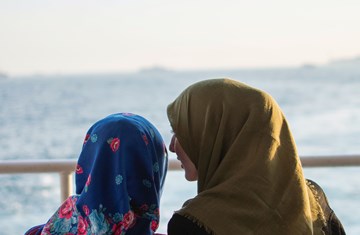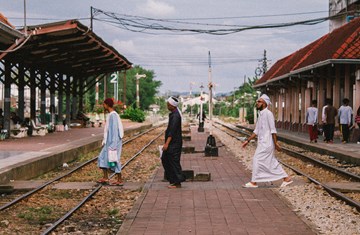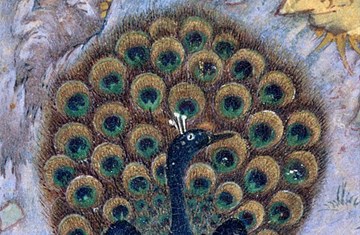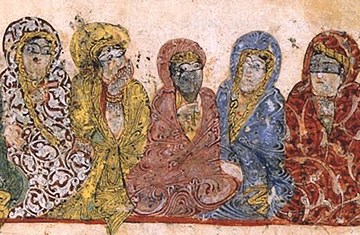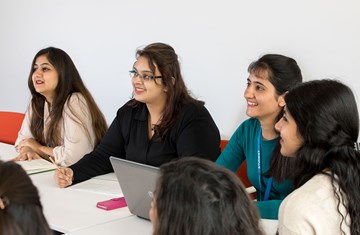Family Mediation in the Shia Imami Ismaili Muslim Community - Institutional Structures, Training and Practice
Keywords: Mediation, Family, Institutional Structures, Nass, Shahada, Imamat, Aga Khan III, Aga Khan IV, Ismaili Constitution, Global Ismaili Community, Conciliation and Arbitration Boards, Alternative Dispute Resolution, ADR, Muslihun, Sulh, Amanat, Khianat, Sharia, Maqasid al-Sharia, Ethics
Abstact: In this paper, the author describes who the Shia Imami Ismaili Muslims are and the traditional ADR processes they have always followed based on the Qur'anic principle of Sulh (negotiated settlement) and the guidance of their hereditary Imams from the family of Prophet Muhammad (Peace of Allah be upon him). The paper shows how His Highness the Aga Khan, the 49th hereditary Imam, in the 1980s instituted a study of dispute trends among members of the Ismaili Muslim Community as part of a multifaceted endeavour towards improving the quality of their lives. The Aga Khan did this with a view to setting up Conciliation and Arbitration Boards for them under a global Constitution to enable them to settle their disputes amicably within the ethics of the faith. The paper highlights the training programmes he supported, the learnings that emerged from them and how best practices from these programmes have been developed and shared among members of the Ismaili Community and others.
This is an edited version of a speech presented at the Seventh European Conference on Family Law – International Family Mediation, Council of Europe, Strasbourg, France on 16 March 2009.
Author

Dr Mohamed Keshavjee
Course Director
Mohamed M. Keshavjee is a South African born-lawyer called to the Bar at Gray’s Inn in 1969. He completed his LLM at London University and his PhD at SOAS with a focus on Islamic Law and Alternative Dispute Resolution (ADR). He has practised law in Kenya, Canada and the United Kingdom.
His first book, Islam, Sharia and Alternative Dispute Resolution deals with how Muslims engage with sharia, customary practices and the laws of the United Kingdom. He has spoken on ADR at conferences in Europe, North America and Asia, and has trained family mediators in the EU countries and imams and pastors in mosque and church conflicts in the UK and the USA, respectively.
In 2016, he was awarded the Gandhi, King, Ikeda Peace Award by the Martin Luther King Jr. International Chapel at Morehouse College, Atlanta, Georgia, for his work on peace and human rights education.



